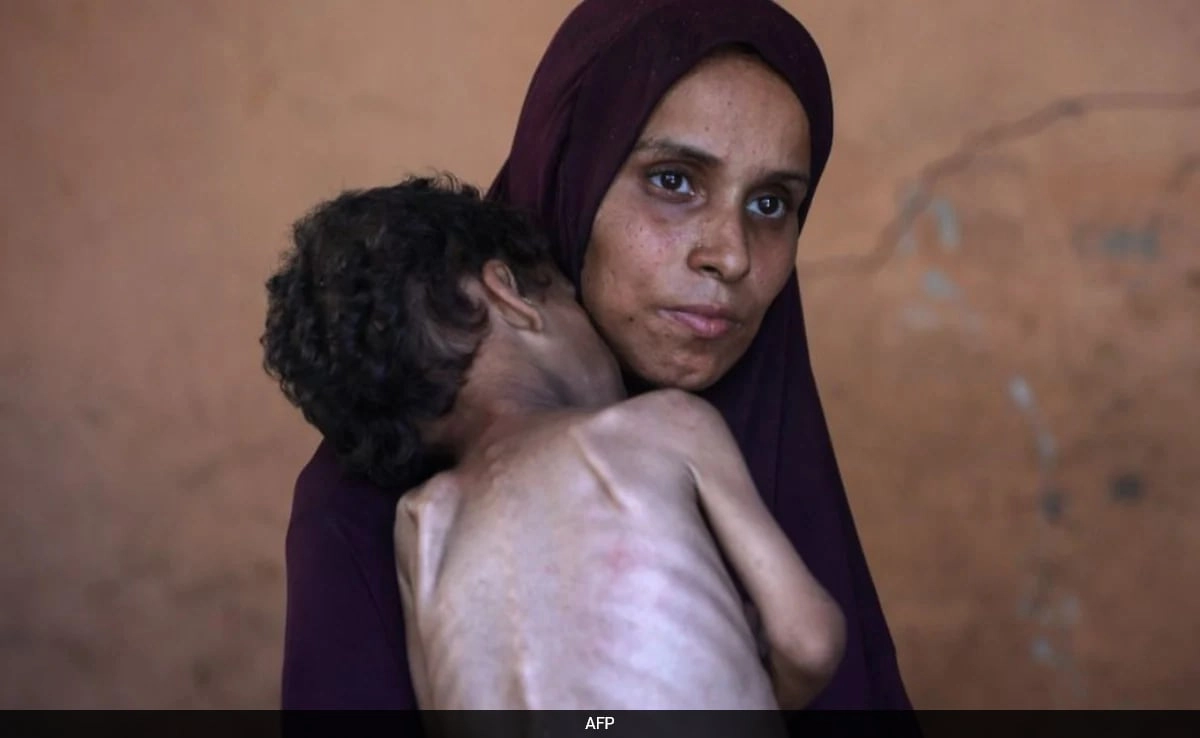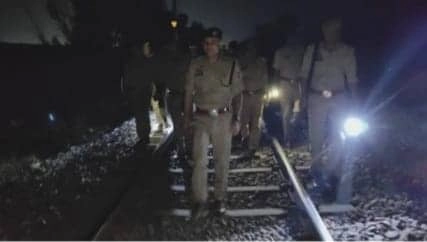In the context of the ongoing humanitarian crisis in Gaza, the comments from a local doctor shed light on the profound impact of starvation on the human body. As reports emerge of severe shortages of food and medical supplies due to the conflict, the doctor emphasizes the alarming physiological consequences that result from prolonged malnutrition. The body, when deprived of adequate nourishment, begins to prioritize its survival by sacrificing its own tissues. This process, known as catabolism, occurs as the body seeks to sustain essential functions. The ramifications of such a survival strategy are dire, particularly for vulnerable populations, including children and the elderly, who may already be weakened by pre-existing health conditions.
The doctor describes how the lack of access to food not only affects physical health but also leads to a deterioration of mental well-being. Starvation can result in cognitive impairments, increased anxiety, and depression, exacerbating the already challenging conditions faced by those living in Gaza. This situation is further complicated by the psychological toll of the ongoing violence and instability, which can drive communities into a state of despair. The combination of starvation and mental health struggles creates a vicious cycle that is difficult to break, making recovery all the more challenging.
As the international community grapples with the implications of this crisis, it becomes increasingly clear that immediate action is required to address the humanitarian needs of the population. Providing access to food, medical care, and mental health support is essential to alleviate the suffering of those affected by the conflict. The doctor’s insights serve as a poignant reminder of the urgent need for intervention, as the very fabric of society in Gaza is at risk of unraveling under the weight of starvation and its devastating consequences. Addressing both the physical and psychological impacts of this crisis is crucial to fostering resilience and rebuilding the lives of those caught in the turmoil.




